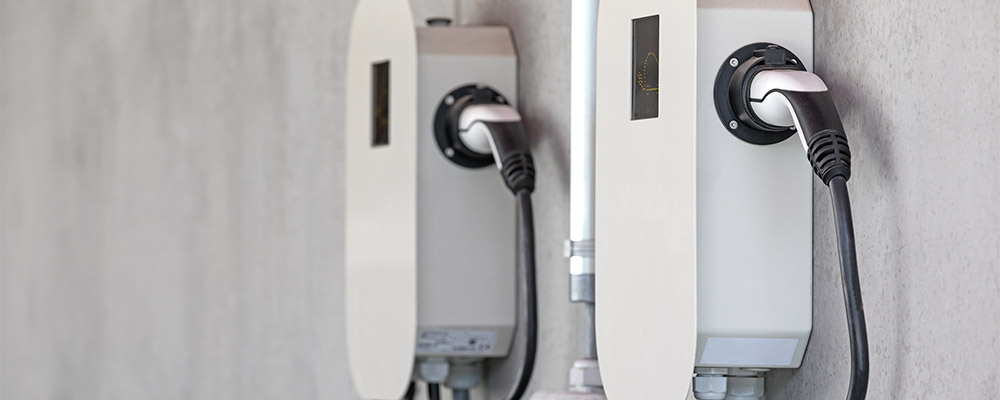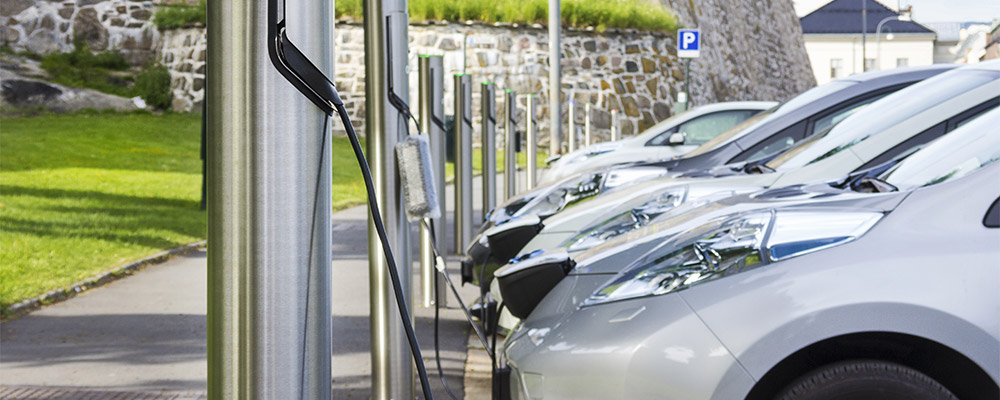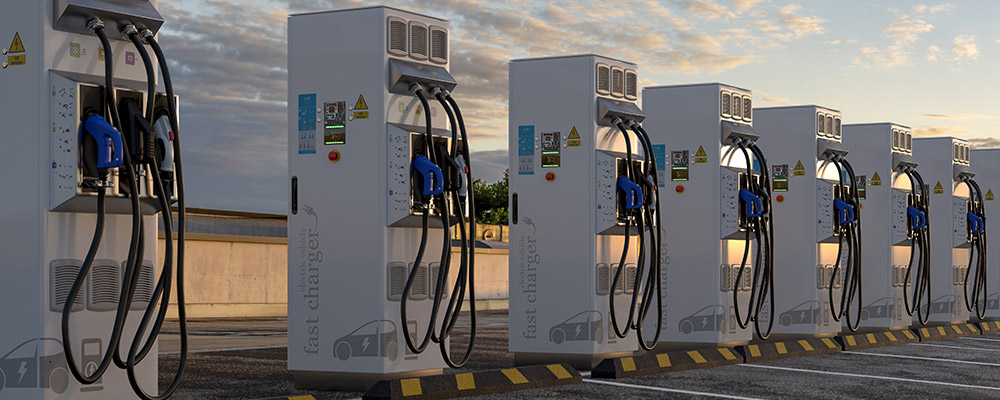EV Charger Types
Charging your electric vehicle in CITY is becoming easier by the day, with more and more charging units being installed across public spaces, workplaces, and of course residential properties thanks to the OZEV grants. If you don’t have access to a specific charge point, you can also plug your electric vehicle into a standard socket for a slower (but still effective) charge.
Charging an electric vehicle is becoming easier by the day, with more charging units being installed across public spaces, workplaces, and of course residential properties thanks to the OZEV grants.
The Three Charger Types Available:

Tethered Charger
A charge point with a cable attached and ready for a Type 1 or Type 2 connector.

Untethered Charger
A charge point where you can connect the Type 1 or Type 2 cable which is in your car.

Standard Plug
A three pin plug which can be connected to any 13-amp socket.
What's The Difference?
The difference in electric vehicle chargers isn’t just in how they are used but also in how long it takes to earn a full charge. Typically, the best charge rate comes from paid public charge points, while standard plug sockets are the slowest.
Charge time can also depend on the car’s battery size, how many miles you are driving, how often you charge, and the power rating of your chosen charger.

Usually associated with at-home or workplace charging, this type of charger is rated at 3kW and takes up to 10 hours for a full charge.

Found in car parks, leisure centres, supermarkets, and other public spaces. Rated at 7kW or 22kW, taking around 4 hours to charge.

Compatible only with rapid-charging EVs, this type of charge can be paid for at petrol stations and service stations as well as some supermarkets. The rating is 43kW.

